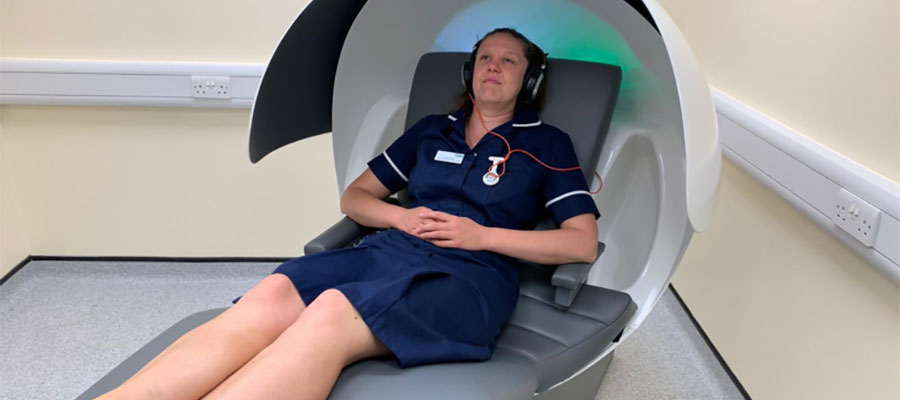Sleep deprivation in health care workers and short rest solutions
Long, irregular shifts causing sleep deprivation in health care workers have been identified as one of the main causes of burnout, and impose a significant toll on practitioners’ mental and physical well-being as well as affecting the safety of the patients in their care.
Burnout is alarmingly common among medical staff, affecting 1 in 2 physicians and 1 in 3 nurses. This often leads to suicide, which is 130% more common among female doctors, and 40% more common among male doctors compared to the general population.
Long shifts and the resultant sleep deprivation in health care workers also affect patient safety, as medical errors are more likely. Medical staff are also at a greater risk of road accidents when sleep deprived.
In addition to having an effect on staff and patients, burnout costs the economy $4.6 billion per year through higher turnover and reduced clinical hours. For each organization, the burden has been estimated as $7600 per physician per year. Moreover, a study conducted over years found the overall loss of productivity due to burnout to be the equivalent of eliminating the graduating classes of 7 US medical schools.
Short naps during shifts are an immediate way to improve the health and safety of caregivers, as well as of patients.
Short naps of as little as 20 minutes have been found effective to improve mental states by increasing feelings of relaxation, and relieving stress even after a disrupted night sleep. Similarly, naps were found to increase attention
to detail and promote better decision making.
Several studies have been conducted at US medical facilities, all giving testimony to the positive effects of power naps on sleep deprivation in health care workers.


